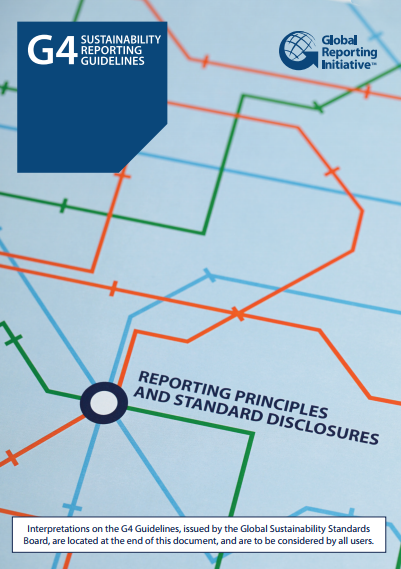The purpose of the GRI Sustainability Reporting Guidelines (the Guidelines):
The Guidelines offer Reporting Principles, Standard Disclosures and an Implementation Manual for the preparation of sustainability reports by organizations, regardless of their size, sector or location. The Guidelines also offer an international reference for all those interested in the disclosure of governance approach and of the environmental, social and economic performance and impacts of organizations. The Guidelines are useful in the preparation of any type of document which requires such disclosure.
The Guidelines are developed through a global multi-stakeholder process involving representatives from business, labour, civil society, and financial markets, as well as auditors and experts in various fields; and in close dialogue with regulators and governmental agencies in several countries. The Guidelines are developed in alignment with internationally recognized reporting related documents, which are referenced throughout the Guidelines.
The G4 Sustainability Reporting Guidelines are presented in two parts:
(i) Reporting Principles and Standard Disclosures;
(ii) Implementation Manual
The first part – Reporting Principles and Standard Disclosures – contains Reporting Principles, Standard Disclosures, and the criteria to be applied by an organization to prepare its sustainability report ‘in accordance’ with the Guidelines. Definitions of key terms are also included.
The second part – Implementation Manual – contains explanations of how to apply the Reporting Principles, how to prepare the information to be disclosed, and how to interpret the various concepts in the Guidelines. References to other sources, a glossary and general reporting notes are also included.
Organizations should consult the Implementation Manual when preparing a sustainability report.

